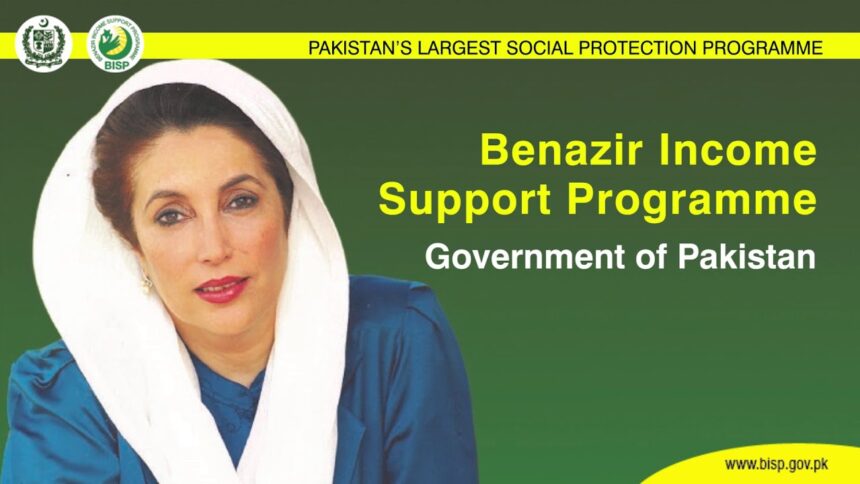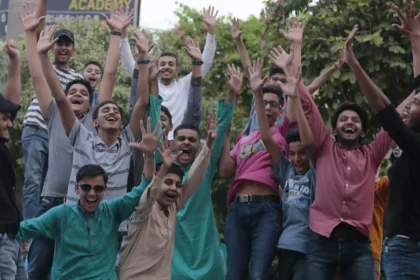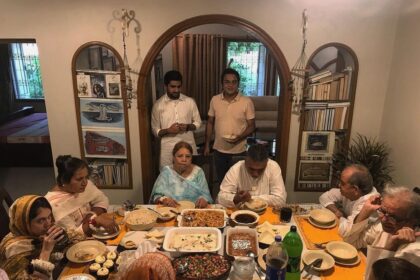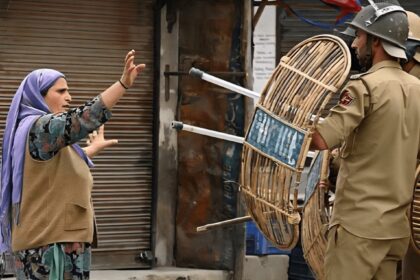Welfare Programme: Since its inception, the Benazir Income Support Program (BISP), launched with the noble idea of alleviating poverty and uplifting the vulnerable sections of society, has been embroiled in controversy. While it was intended to provide relief to the poorest and empower women, concerns about ineffective targeting, fraudulent registration, and flawed delivery have never gone away. An independent evaluation report back in 2014 highlighted widespread public concerns regarding unfairness in the registration process and access to benefits. Almost 17 years (2008–2025) and over Rs. 1.6 trillion later, these concerns and irregularities have only grown even as the programme’s procedures have evolved drastically — at least on paper.
With an introductory budget of Rs. 34 billion in 2008, BISP has since grown into Pakistan’s flagship social safety net programme. Since its establishment as an autonomous organisation, following an act of parliament in 2010, BISP has gained the status of an umbrella platform, under which several permanent and ad hoc welfare initiatives have been launched, including relief programs for flood-affected people and internally displaced persons (IDPs). However, doubts have plagued every one of these programmes.
The annual audit of 2023-24 highlighted several such irregularities in various programmes, from procedural errors to deficiencies in the registry’s database. By the end of that year, the program had spent Rs. 471 billion on 9.6 million beneficiaries across Pakistan; however, the audit records raised concerns about whether all that money had made it to the pockets of truly deserving people or had just been sloshing around in the pockets of unscrupulous actors. In FY 2023-24, AGP highlighted irregularities amounting to Rs. 135 billion. Previous audits have also brought to light instances of fraud and embezzlement. In FY 2022-23, there were instances of payment disbursements in the name of minors, out-of-district withdrawals, and out-of-province payments for a farmer subsidy scheme, which was exclusively for the Sindh province.
Welfare Programme
Such irregularities were to be expected in the beginning, as beneficiary registration in a constituency was the prerogative of the respective lawmaker. However, the issues have persisted despite the development of the National Socio-Economic Registry — an extensive data repository of millions of households, developed with the support of the World Bank, aimed at objectively identifying and verifying beneficiary eligibility. As per the World Bank report, the NSER survey covered one-fifth of households in 2022. The organisation has invested significant money in developing the registry and contracts for establishing an interface with NADRA. Despite this, excess payments of Rs. 681 million were made during the year 2022-23, where both spouses received benefits. The registry is doubly important, as it has also been used by several other organizations and programs to identify beneficiaries; however, the failure of the functionaries in identifying double payments to thousands of households raises serious questions about the data integrity and efficacy of the NSER.
Then there are exploitative players outside of the organisational structure: there are reports of branchless banking operators claiming deductions on the pretext of various charges that eat away at the benefits of deserving recipients. The official BISP website displays an advisory warning the recipients not to agree to deductions or charges for payments, giving credence to the fact that such exploitative activities are widespread.
In a society where poverty and instability are the general conditions for the masses, the temptation to claim a share of “free money” is omnipresent. Registered businesspersons, active taxpayers, government employees, their families, and everyone want a piece of the pie reserved for the poor. Furthermore, scammers and fraudsters exploit the allure of the programme to deceive unsuspecting citizens. There will hardly be anyone with a working cellphone connection in Pakistan who hasn’t received unsolicited messages and calls luring them with the promise of free, unconditional payments from BISP.
Given the deficiencies in the program, systemic loopholes, and the presence of exploitative intermediaries and fraudsters, the social safety net remains riddled with gaps. Resultantly, many poor are falling through the holes, while the undeserving manage to extract benefits. With the programme nearing its 18th year, the pressing question is whether it will finally mature or continue to support the incomes of those it was never meant to serve.















